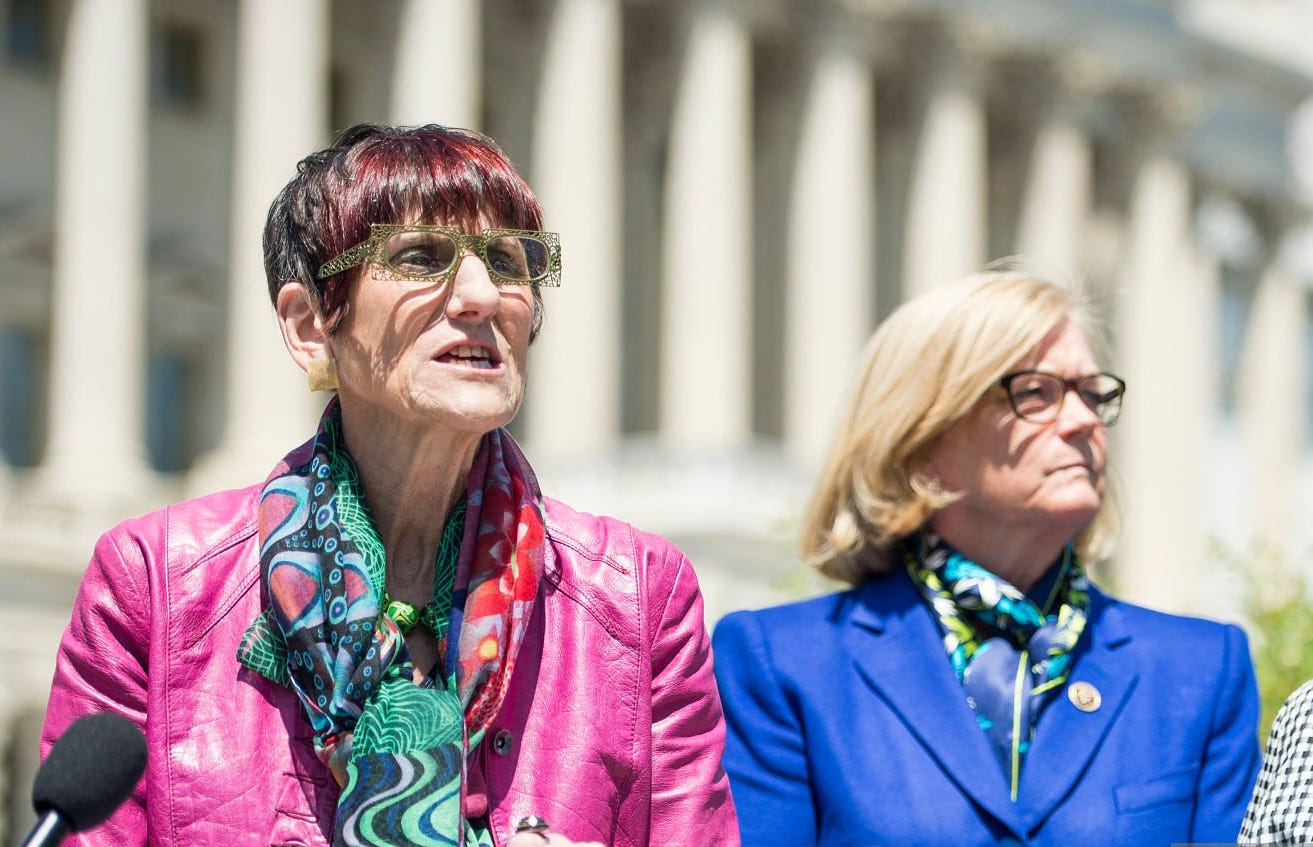Pingree and DeLauro hold up advance appropriations for Indian health
White House, Senate want to stabilize Indian Health Service funding, while top House appropriators drag feet.

WASHINGTON — Tribal health advocates are optimistic that enough U.S. House members will see the light on the need for advance appropriations for the Indian Health Servi…
Keep reading with a 7-day free trial
Subscribe to Indigenous Wire to keep reading this post and get 7 days of free access to the full post archives.

